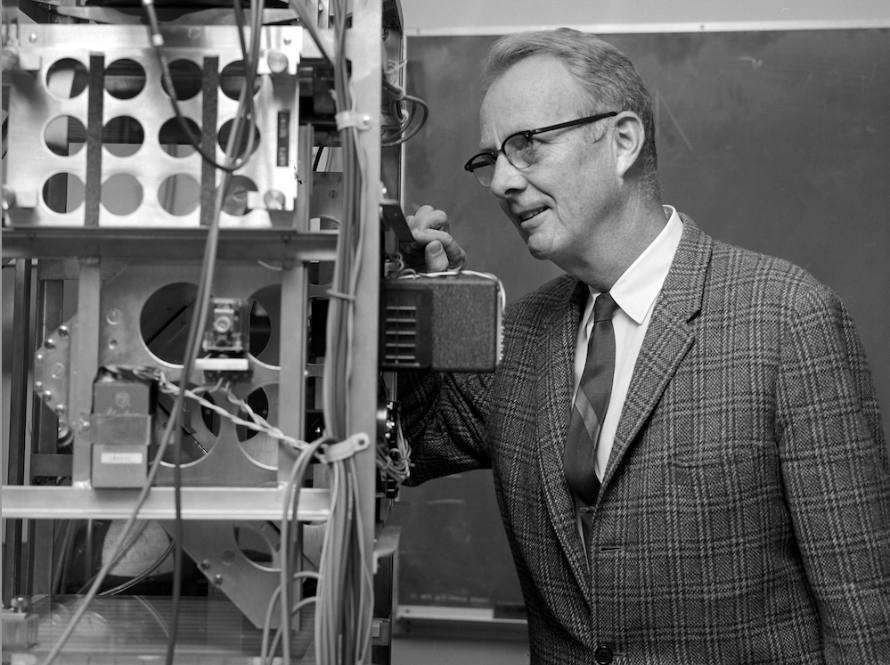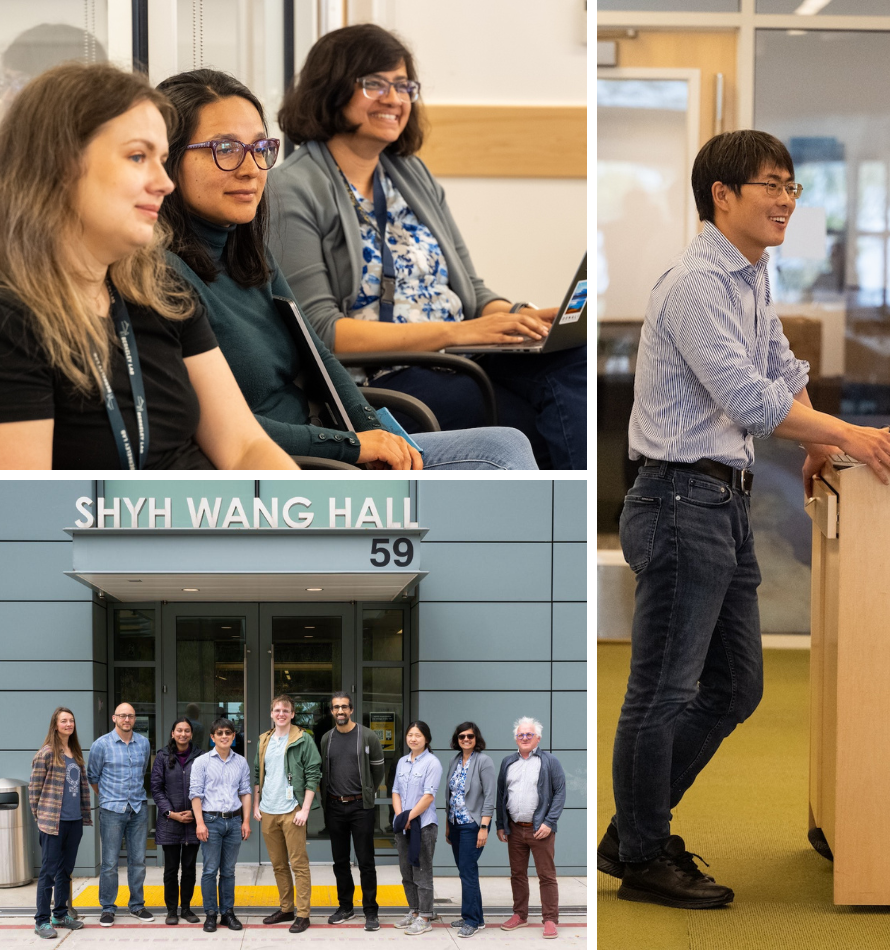
Since its founding in 2002, Berkeley Lab’s Luis W. Alvarez Fellowship in Computing Sciences has cultivated exceptional young scientists who have made outstanding contributions to computational and computing sciences.
Alvarez Fellows apply the latest technologies to computational modeling, simulations, and advanced data analytics for scientific discovery in materials science, biology, astronomy, environmental science, energy, particle physics, genomics, and other scientific domains.
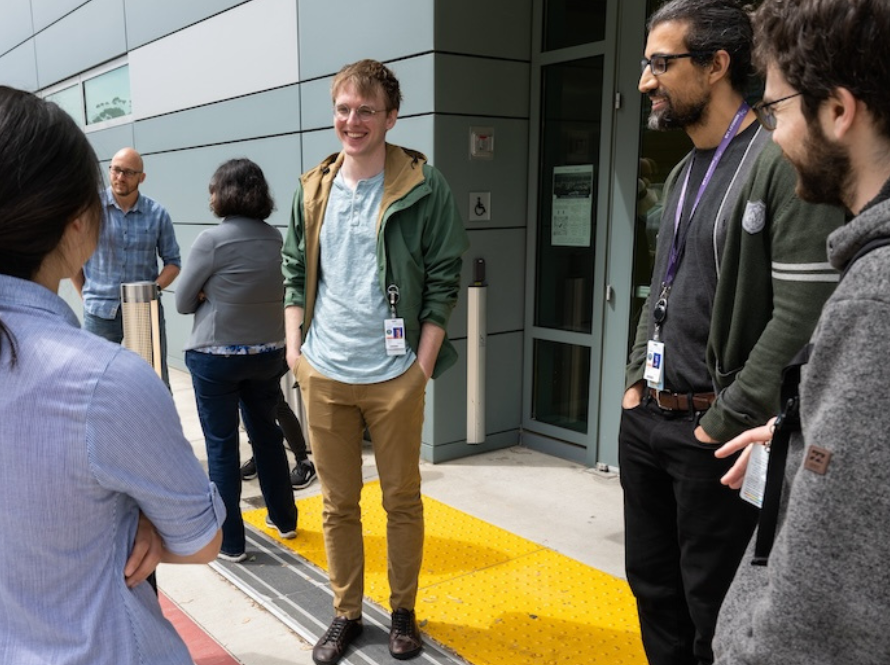
Alvarez Fellows receive competitive salaries, relocation assistance, excellent benefits, frequent travel opportunities, and an opportunity to work in the San Francisco Bay Area.
This fellowship is awarded for two years with the possibility of a third by renewal. Upcoming or recent Ph.D. graduates in computational science disciplines, computer science, or applied mathematics who have received their degrees within the last three years are encouraged to apply.
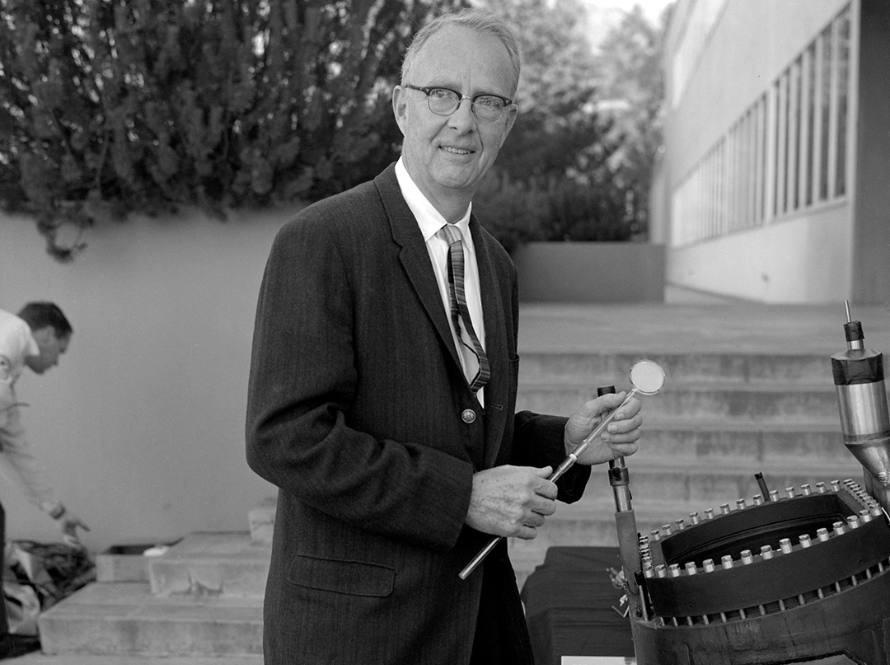
Luis W. Alvarez was a pioneer in the fields of high-energy physics and computing sciences. His work on the development of the “bubble chamber” at Berkeley Lab led to his 1968 Nobel Prize in Physics. We encourage those who share Dr. Alvarez’s scientific curiosity and dedication to join us in our efforts by applying for the fellowship named in his honor.
General Requirements
If you have a Ph.D. in computer science, mathematics, or any other computational science discipline granted in the past three years, we encourage you to apply. As a prospective fellow, you should be well-versed in advanced algorithms, software techniques, HPC systems, and/or networking in a related research field. Applicants should have demonstrated creativity and the ability to perform independent research. We are also looking for excellence in a related research field, including a solid publications record, high citations, and awards.
Alvarez and Hopper fellowship applications are made jointly via a single process.
What Your Application Should Include
In addition to a standard job application, prospective fellows should also submit the following:
- CV or resume with publications list included as one document
- Cover letter
- Brief research statement
- List of three references who can provide letters of recommendation
List of references must include contact information for each person. The Fellowship hiring committee will reach out to the references, who will submit their letters of recommendation directly to Berkeley Lab.
Why Berkeley Lab?
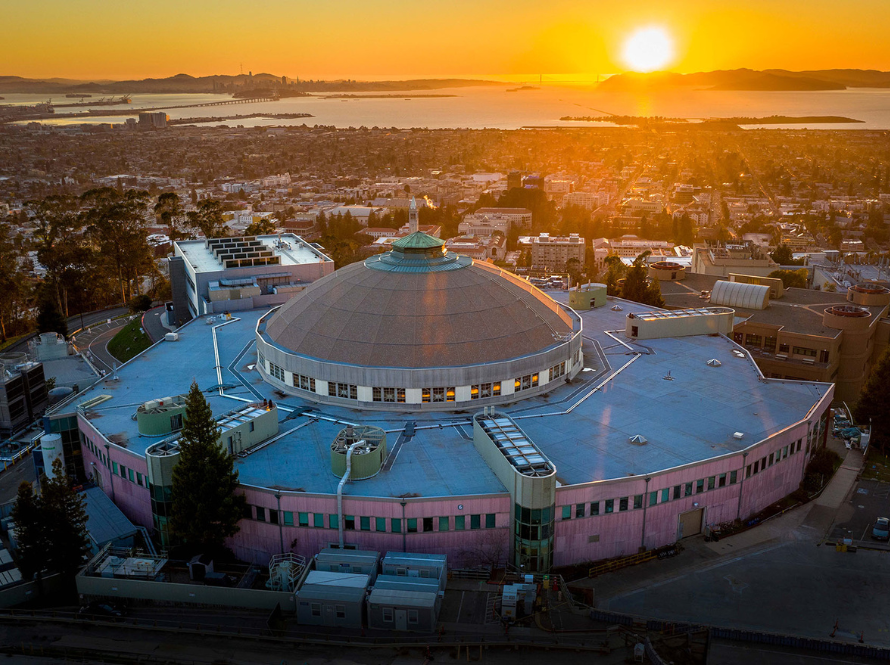
As employees of Berkeley Lab, Alvarez fellows work in an environment synonymous with scientific excellence. Sixteen Nobel Prizes, five Department of Energy (DOE) National User Facilities, and some of the most advanced tools in modern science.
Computing Sciences at Berkeley Lab
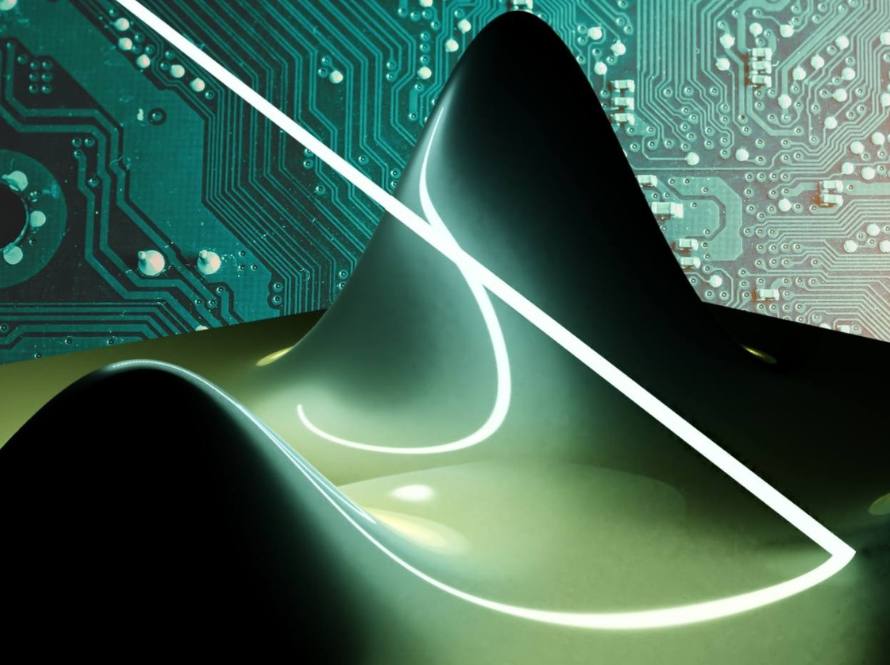
Berkeley Lab’s Computing Sciences Area researches such areas as materials science, chemistry, biology, astrophysics, climate change, combustion, fusion energy, high performance computing (HPC) systems, and network technology.
Alvarez Seminar Series
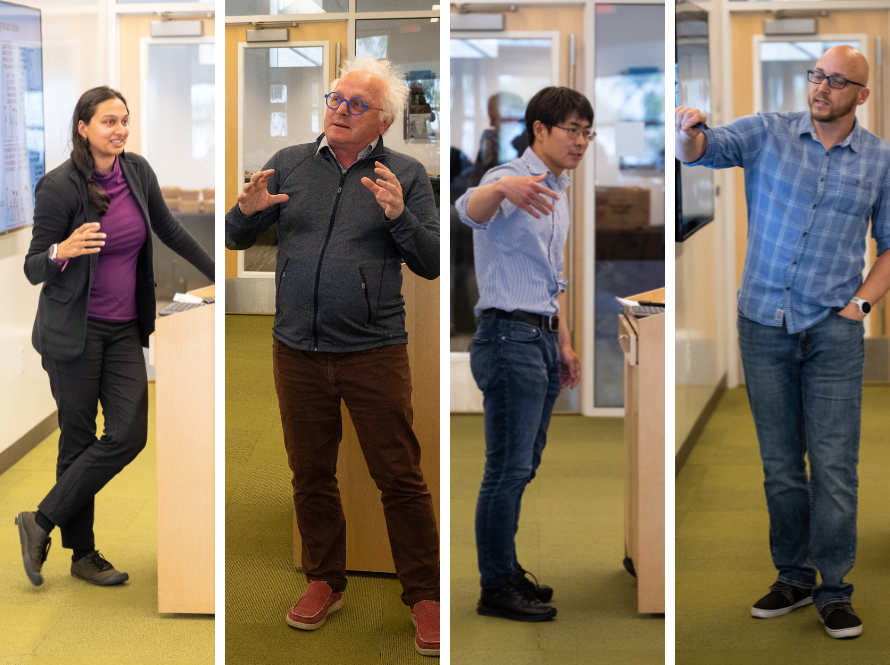
In 2022, the Alvarez Seminar Series brought together current and previous Fellows for a chance to share their research and career paths.

